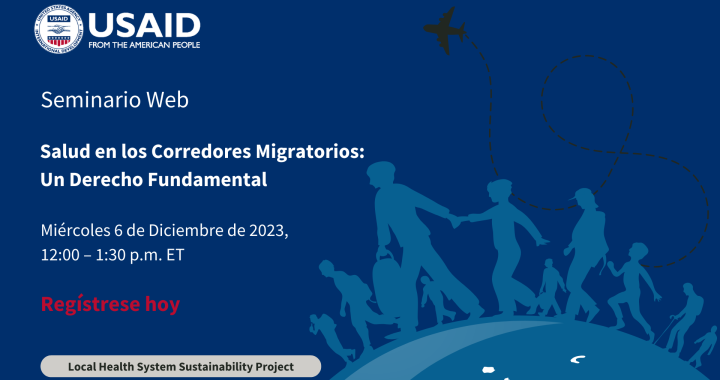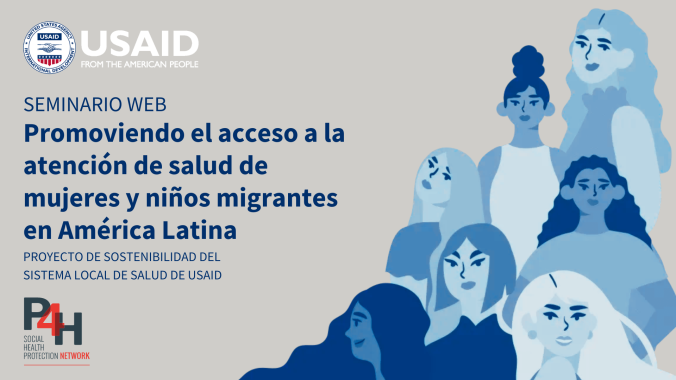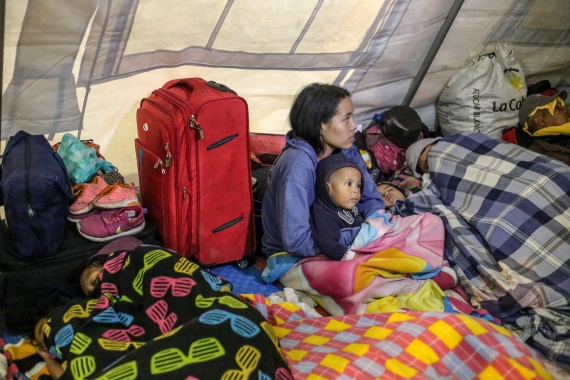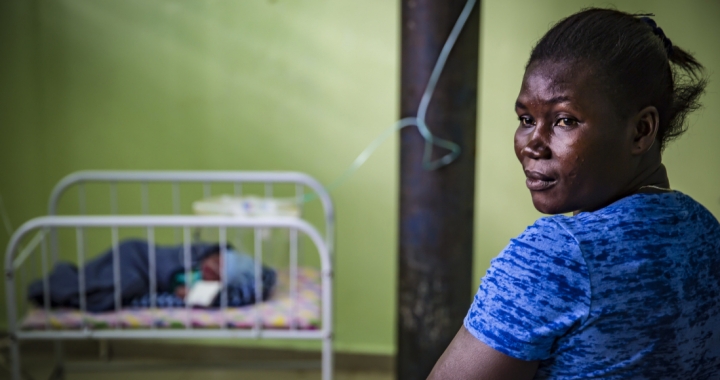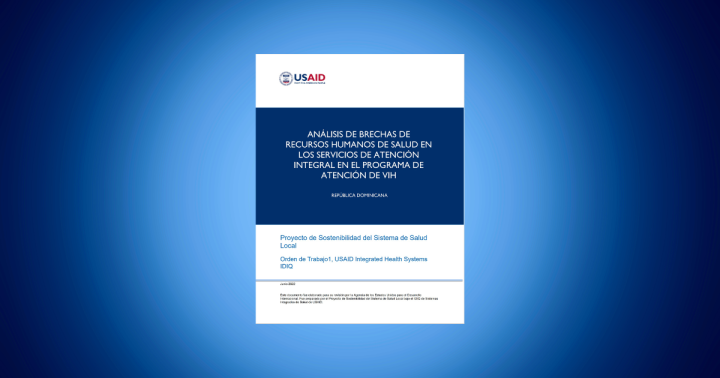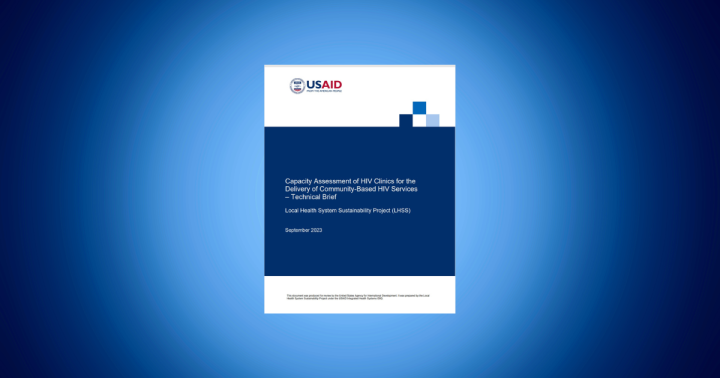The Government of the Dominican Republic has made good progress toward its goal of ending HIV by 2030. Advances to date have been due to strong national coordination and ownership of HIV programs, and the decentralization of HIV services through comprehensive care clinics and community-based and mobile services. These programs have helped the country make strong progress toward testing and making people living with HIV aware of their status. Still, gaps remain in efforts to achieve the UNAIDS 95-95-95 targets. The number of people living with HIV on lifesaving antiretroviral therapy has more than doubled in the past decade, yet stands at only 75 percent of all people living with HIV. Continued progress depends on improving the efficiency and quality of HIV treatment and care - particularly for people of Haitian descent and others who may face stigma, discrimination, or economic, cultural, or linguistic barriers.
Our work aims to help people who are more affected by HIV than the general population, and who often have less access to health care because they fear stigma and discrimination. These groups include individuals of Haitian descent, sex workers, men who have sex with men, and transgender people. They will have better access to culturally sensitive, high-quality, patient-centered HIV care, including testing, treatment, and viral load suppression to improve their quality of life.
Approach
LHSS is supporting government efforts to further strengthen the quality and expand the delivery of key HIV services, especially at the community-level. We are working to:
- Increase strategic engagement with private sector partners to address gaps in the public sector program.
- Update national guidelines, develop standard operating procedures, and train staff for mobile service delivery, including services delivered through mobile clinics, lay counselors, and community teams.
- Increase opportunities to mobilize sustainable domestic resources for the national HIV response, through the integration of HIV treatment into the social security benefits package.
- Strengthen the government's supply chain management system for HIV products by building capacity for forecasting, quantification, procurement, and tracking.
Progress Highlights
- With the decentralization of HIV/AIDS prevention, care, and treatment, LHSS worked with the national HIV/AIDS program to develop standard operating procedures for community-level service provision. In support of the roll-out, LHSS partnered with the national program to develop training curricula for comprehensive HIV care services, which was validated by the National Health Service in 2021. As of September 2023, the curricula have been used to train 139 health professionals in the HIV services network, including newly hired personnel.
- LHSS collaborated with the government and private sector stakeholders to co-create a roadmap to increase private sector participation in Dominican Republic's national HIV response. The ministry of health continues to use the roadmap as a living document to improve coordination and collaboration between private and public health sector entities.
- LHSS continues its efforts to support the Dominican government in the design and analysis process for the inclusion of ARVs as part of the social security benefits package. The project supported the design of an operational mechanism for this purpose and is currently supporting the CNSS in the analysis process for its evaluation.

